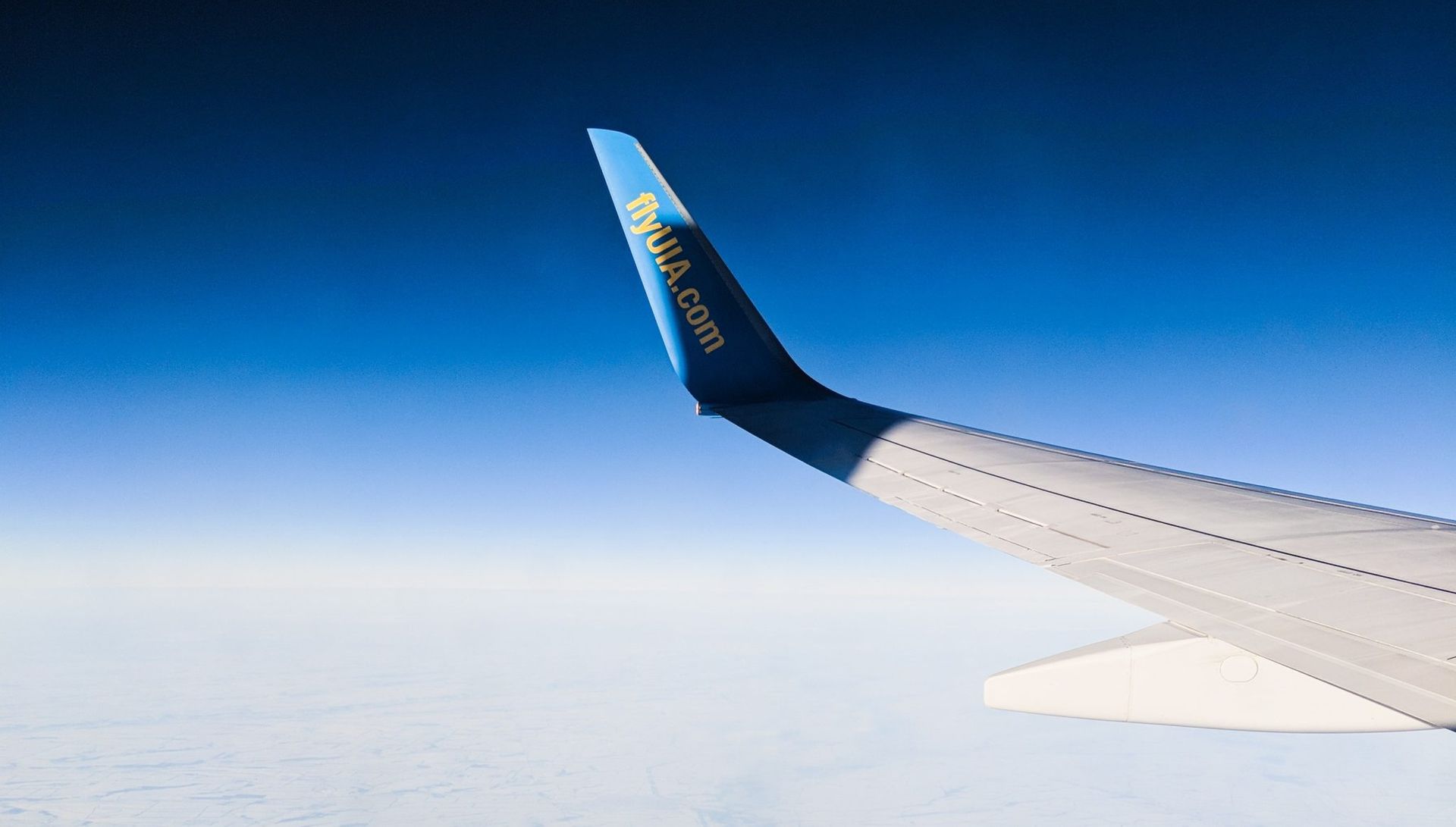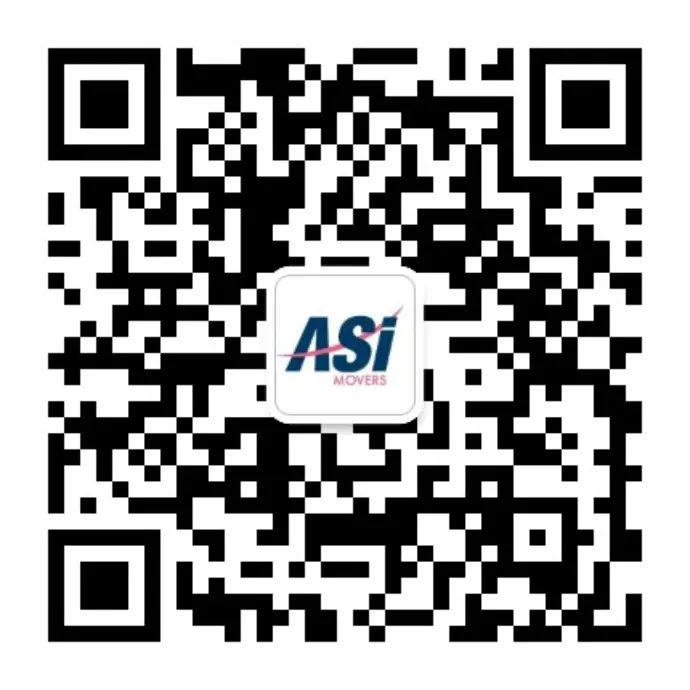When one tries to learn more about expats and what drove them to choose this lifestyle, the first reason that comes up is career.
Choosing to become an expatriate is usually a great way to boost one’s career either because the opportunities are booming in one specific location, or because companies are demanding one valued employee to do the same magic one did before but in a new market, and thus prove one’s capabilities and value for the enterprise.
Nevertheless, as many people are saying that they couldn’t expatriate, or at least would not do it long-term, is a clue into thinking that there is something else motivating those who make this leap.
The answer might lie in one German concept: “wanderlust”.
What Is Wanderlust?

According to its formal definition, Wanderlust is both “a very strong impulse to travel” and a “strong longing for or impulse toward wandering”. Etymologically, this term is composed of two words: “wander”, which means “to hike” (and not “to wander”), and “lust” which means “desire”. The association of these two terms means “enjoyment of hiking”, but the true translation would rather be the enjoyment of wandering, roaming around.
One needs to trace the imagination coming with this concept to grasp its true meaning: German romanticism, the peculiar form of apprenticeship that characterizes this country i.e. going on a journey, and the tradition of seeking unity in Nature are the major elements.
It is then easy to see why this term has been associated with experiencing foreign countries: one being in a new location does not have another occupation but to – precisely – roam around in the attempt to learn more and get more familiar with the location and its people.
What Does Wanderlust Mean Today?

Rather than seeking relaxation and comfort, the individual having Wanderlust is thriving for engaging in new cultural experiences.
These people are indeed interested in facing unfamiliar environments and being challenged by them. Sociologists also argue that by doing so, by putting themselves in relatively uncomfortable situations, individuals also try to learn more about themselves. Being far from what one calls home would be the occasion to concentrate on one’s self.
Nowadays, Wanderlust is usually associated with tourism, but it appears that the expat lifestyle is even more prone to attract minds with the Wanderlust gene, as scientists might have found the DRD4-7R gene to be the root of this taste of enjoying discovering new places, new cultures, and find happiness in it. This gene is indeed believed to be a variant of the dopamine receptor (the neurotransmitter involved in reward-motivated behavior, well one can say the neurotransmitter associated with satisfaction). The result? Those bearing it would be more prone to liking new experiences, discovering places and cultures, them being intrinsically curious.
As such, even though this term has become extremely popular lately, truly having Wanderlust is not about just dreaming about your next vacation on a paradisiac island. As stated above, putting yourself in uncomfortable situations, taking this time to truly discover the place you are headed to, adapting your behavior accordingly, and enjoying learning more about your attitude towards this new paradigm, are more relevant elements.
How To Turn Wanderlust To Your Advantage?

Besides encouraging you to experience as many places as you can, having wanderlust is also a great chance for several other reasons:
- Having Wanderlust is a wonderful occasion to accumulate knowledge. Because people bearing this gene are naturally attracted to new places, it is easy to assume they are curious. Take the most of these occasions to learn more about the places you visit and the cultures you meet. It is beneficial for you as it will enrich your general knowledge and also your employability.
- In the workplace: not being afraid of change, being curious about new cultures trying to grasp as much as you can from them, being mobile, and not reluctant to relocate often are key elements in nowadays job market. Companies are taking full advantage of globalization and are searching for people with an international mindset, who can easily dive into the local culture to enable the company to answer the specific demand of the market. As such, if you have this kind of aspiration and mindset, playing this card during interviews is recommended.
- Having wanderlust means that change does not frighten you. As societies are evolving quicker than ever with the Internet, new technologies in general, and globalization, you will most likely not suffer from having to adapt to new paradigms daily.

Emphasizing the pros of having Wanderlust does not mean there are no cons. Being driven by your taste of forever seeking new experiences and places also means leaving behind what you have built each time you head to a new destination. It can be frustrating for your close ones, and even for you. When you can call everywhere home, it can sometimes feel that nowhere truly is. It nevertheless appears that being with your family/partner is the key to a stable wanderlustful life.
ASI Movers has been helping expats in their relocation process since 2008. Because those bearing the Wanderlust gene are more prone to changing location regularly, they need a logistics service provider that goes beyond simply moving belongings but provides you the fittest solution to your needs and enables you to put your trust in the people who help you build and achieve your relocation project.
